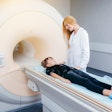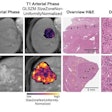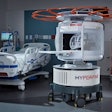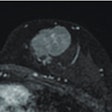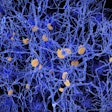Dear AuntMinnie Member,
In a long-awaited move, the U.S. Food and Drug Administration (FDA) on May 22 released a safety update on gadolinium retention from MRI contrast, finding that there is no evidence of health effects from the phenomenon.
The FDA reported that its review of scientific literature and adverse events showed no connection between gadolinium retention and any health effects in patients who had received MRI contrast. The conclusion stands in contrast to that of a European regulatory committee, which in March recommended that four linear gadolinium-based contrast agents be pulled from the market.
The FDA's announcement is not unexpected, but it is certain to be controversial. A number of patient advocacy groups have demanded that gadolinium contrast be taken off the market, but the agency believes the data to support such a move just aren't there ... yet. This week's announcement will hardly quell the controversy swirling around this topic.
Learn more by clicking here, or visit our MRI Community at mri.auntminnie.com.
News from ACR 2017
In other news, the American College of Radiology (ACR) is holding its annual meeting this week in Washington, DC, and we're pleased to be bringing you a variety of stories from this important meeting.
For example, read about a study from Emory University that indicates radiation dose for head CT scans of children can vary significantly. In another study, University of Pennsylvania researchers found that radiologists can put their phone numbers on reports intended for patients without jeopardizing their privacy. Find out how they did it by clicking here.
We're also highlighting a study that showed radiologists serve more Medicare beneficiaries than any other medical specialty, as well as an article on the ACR's new Data Science Institute, which is being launched to drive research into the use of artificial intelligence in radiology.

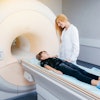
.fFmgij6Hin.png?auto=compress%2Cformat&fit=crop&h=100&q=70&w=100)



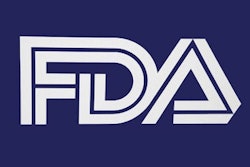
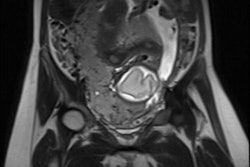
.fFmgij6Hin.png?auto=compress%2Cformat&fit=crop&h=167&q=70&w=250)
